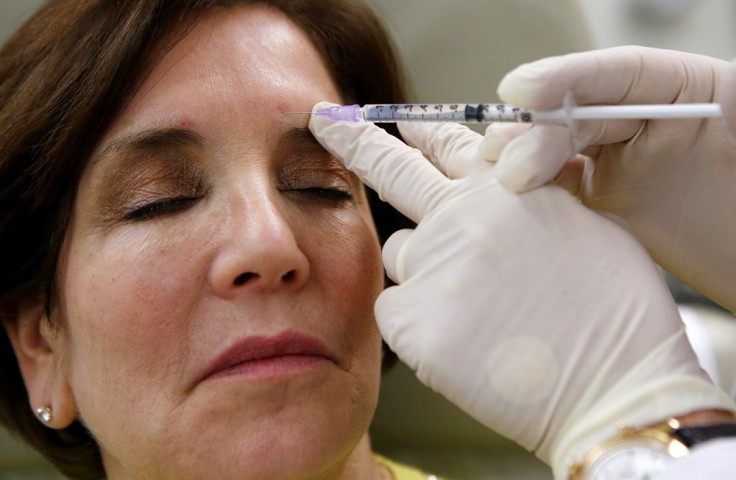Researchers blame varieties of MC1R gene for making people look older than real age

In the search by science for anti-aging solutions, researchers have also found a genetic combination that causes people to look older than their real biological age.
Scientists from the Erasmus MC University Medical Center Rotterdam in The Netherlands identify the culprit as certain varieties of the MC1R gene, reports 13wmaz. But the newly discovered genetic varieties do not cause wrinkles or liver spots on the skin.
However, it makes people look older in some undefined way which is not yet understood by researchers. Among the possibilities that scientists are considering is the gene affects facial structure such as lip height, and deeper crease between the nose and corners of the mouth.
Manfred Kayser, study co-author, stresses that the MC1R gene is linked with how old a person looks, not how old the person really is. He says that is more important because “there is a link between how old you look and how healthy you are.”
The study, published in Current Biology, involves David Gunn, a scientist from Unilever, a company that manufactures personal-care products. The scientists asked teams of people to estimate the age of 2,700 elderly Dutch. For those whom people consider looking older than their real age, the researchers looked for DNA common among them. After identifying the gene, the team repeated the experiment with 600 additional older Dutch and 1,200 British seniors.
MC1R is the gene linked with red hair and freckles and is involved in DNA repair in the skin which could add years to the face.
However, Anne Chang of Stanford University Medical School notes that the study excludes the impact of smoking and body-mass index. Gunn adds that genetics account for only half of aging as he points to sun exposure and poor dental health as also contributing factors which make people look older.
Beyond these factors, a new book also stressed the value of diet in looking young. The New York Post reports that Dr Anthony Youn devoted a whole chapter to food that affect development of wrinkles, skin-tightness and elasticity, and chance of being sunburned in the book “The Age Fix: A Leading Plastic Surgeon Reveals How to Really Look 10 Years Younger.”
The 10 foods he listed are: eggs, quinoa, tomato paste, dark chocolate, blueberries, sweet potatoes, green tea, shrimp, papaya and oysters.





















